 |  |  |
|---|---|---|
 |  | 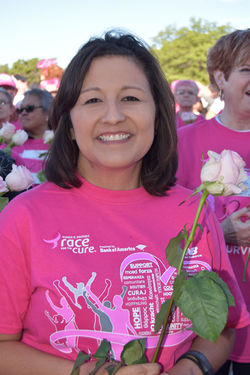 |
 |  |  |
 |  |  |
 |  |  |
 |  |  |
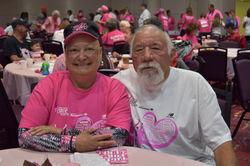 |  |  |
 |  |  |
 |  |  |
 |  |  |
 |  |  |
 |  |  |
 |  |  |
 |  |  |
 |  |  |
 |  |  |
 | 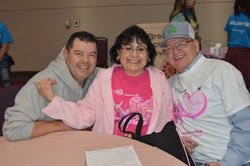 |  |
 |  | 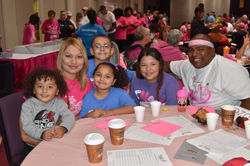 |
 |  |  |
 |  |  |
 |  |  |
 |  |  |
 |  |  |
 |  |  |
 | 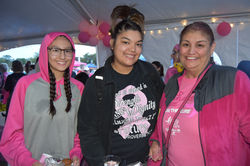 |  |
 |  |  |
 |  |  |
 |  |  |
 |  |  |
 | 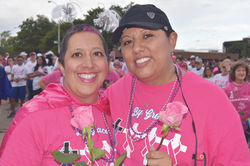 |  |
 |  |  |
 |  |  |
 |  |  |
 |  |  |
 |  |  |
 | 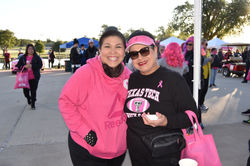 |  |
 |  |  |
 |  |  |
 |  |  |
 |  |  |
 |  |  |
 |  |  |
 |  |  |
 |  | 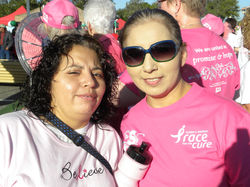 |
 |  |  |
 |  |  |
 |  |  |
 |  |  |
 |  |  |
 |  |  |
 |  |  |
 |  |  |
 |  |  |
 |  |  |
 |
.png)
Join Latinas for a Cure, Latino Lubbock Magazine, and Los Hermanos Familia for a collaboration to provide information, support, encouragement, and advocate for women's health and encourage ladies to take care of themselves!
OCTOBER IS BREAST CANCER AWARENESS MONTH
CHECK YOUR CONCHAS!
1 in 7 women will be diagnosed with breast cancer in their lifetime. Mammograms are the best way to find breast cancer early, when it is easier to treat, and before it is big enough to feel or cause symptoms.
Currently, there is not sufficient knowledge on the causes of breast cancer, therefore, early detection of the disease remains the cornerstone of breast cancer control. When breast cancer is detected early, and if adequate diagnosis and treatment are available, there is a good chance that breast cancer can be cured. If detected late, however, curative treatment is often no longer an option.
The majority of deaths occur in low- and middle-income families, where most women with breast cancer are diagnosed in late stages due mainly to lack of awareness on early detection and barriers to health services.
Hispanic people in the United States have lower cancer rates than white people, but they are much more likely to develop certain preventable cancers.
And therein lies the problem: lack of access to routine health care and cancer screenings, Miller said. The Hispanic population has the highest percentage of people without health insurance in the United States.
In addition to having higher rates of stomach and liver cancer, Hispanic women are more likely to develop cervical cancer than their white counterparts, the study found. Regular screening can identify cervical cancer in its early stages.
Hispanic women are also more likely to be diagnosed with advanced breast cancer compared with white women, likely due to a lack of regular screening mammograms that can pick up breast cancer before it starts to spread.
The ongoing COVID-19 pandemic may worsen these disparities. "We know that the Hispanic community was hit harder by the pandemic than many other racial and ethnic groups," said study author Kimberly Miller, a scientist at the American Cancer Society.
"Many lost employment and health insurance, and were afraid to go to the doctor and get recommended cancer screenings."
There are some programs that help local women.
Please read the October issue of Latino Lubbock Magazine - on stands and online at www.latinolubbock.net
A message by Latinas for a Cure Lubbock, Latino Lubbock Magazine, and Los Hermanos Familia.
.png)
